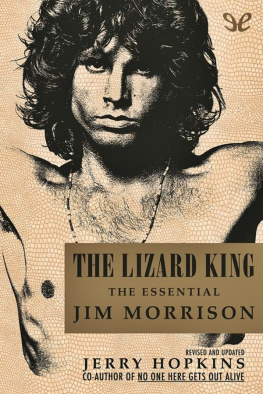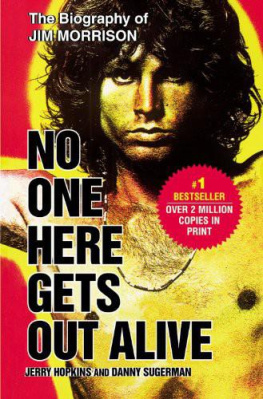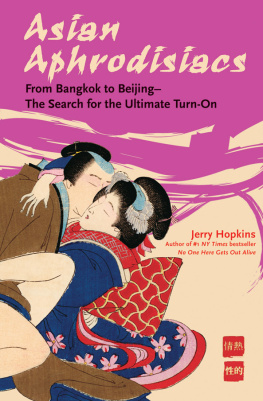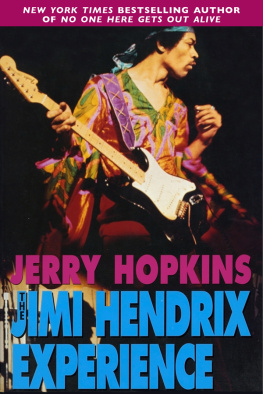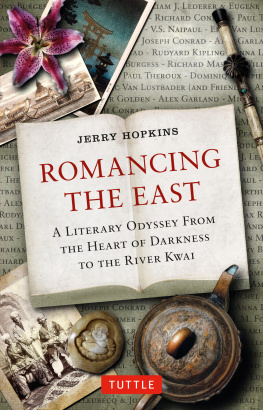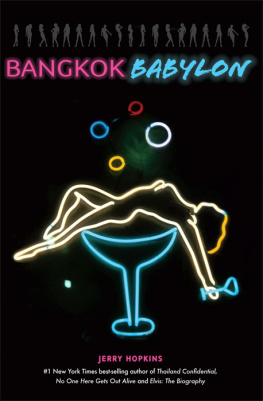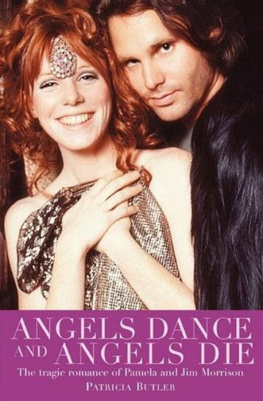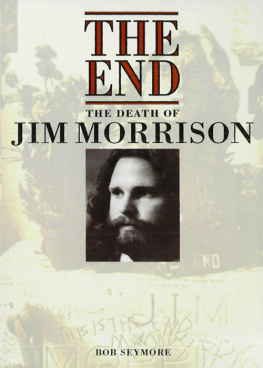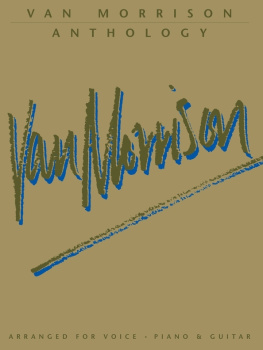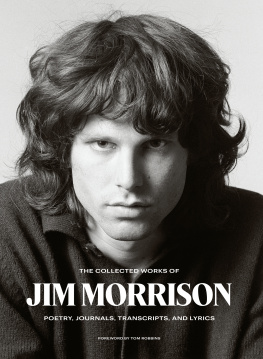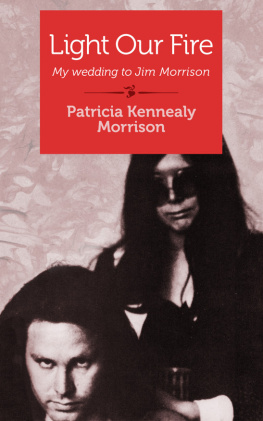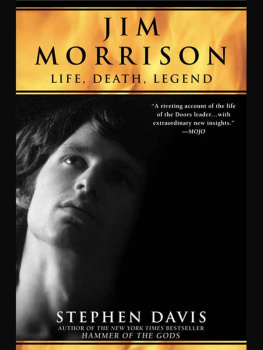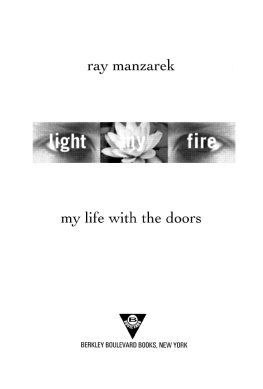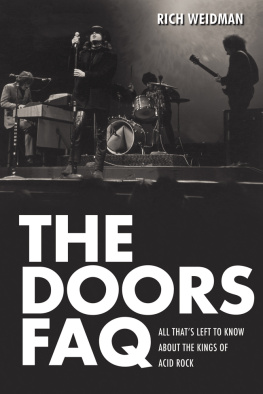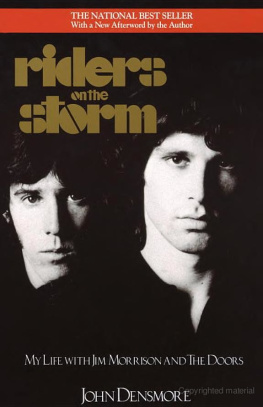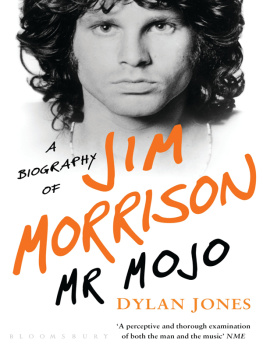Acknowledgements
I would like to thank John Tobler for originally commissioning this book some years ago. Thanks to my publishers Sandra Wake and Terry Porter at Plexus Publishing for being instrumental in making it finally happen and to Nicky Adamson for her role as editor, midwife and mother. Without their unflagging effort and meticulous attention to detail the many loose ends would have remained untied forever.
I would also like to thank the writers, and editors, who contributed their Morrison interviews: Art Kunkin, Bob Chorush, the late John Carpenter, Salli Stevenson, Jerry Rothberg, John Tobler, Richard Goldstein, Ben Fong-Torres, Jann Wenner, Lizze James and Howard Smith. Thanks also to the original publications: Rolling Stone magazine and Straight Arrow Publishers Inc, Circus magazine and Circus Enterprizes Corp, Zigzag magazine and the Los Angeles Free Press, Creem magazine and The Village Voice.
It has not been possible in all cases to trace the copyright sources, and the publishers would be glad to hear from any such copyright holders.
Acknowledgement for help with research and in assembling the interviews and visual material to: Jeannie Cromie, Diane Gardiner, Robert Klein, Art Kunkin, Rainer Moddemann, Herv Muller, Patricia Keneally Morrison, Danny Sugerman, Dave Marsh, Stephen Adamson, Sandra Cowell, Harvey Weinig and Jann Wenner. And to Corinne Brinkman for translating the Paris documents concerning Morrisons death.
Finally grateful thanks to the following photographers: Joel Brodsky and Elektra Records for the cover photograph; Robert Klein 8 images; Ed Caraeff 11 images; David Sygall 4 images; Baron Wolman 4 images; Mike Barich 6 images; Gloria Stavers/Starfile/Pictorial Press 3 images; Raeanne Rubenstein/People in Pictures 2 images; Joseph Sia 4 images; Jeff Simon 2 images; WEA/Elektra Records/Paul Ferrara 1 image; WEA/Elektra Records/Edmund Teske 1 images; WEA/Elektra Records/Jeff Simon 1 image; Andrew Kent 1 image; Claude Gassian 2 images; Barry Plummer 2 images; Don Paulsen 1 image; UPI Bettmann Newsphotos 1 image; the US Navy Public Information Office 2 images; Araldo di Crollalanza 2 images; Edmund Teske 1 image; Herv Muller 3 images; Jane Hopkins 1 image; George Washington High School, Virginia 1 image; Chris Walter 1 image; Steen Kaersgaard 1 image; Peter Saunders 1 image; the Department of State Foreign Service of the United States of America 1 image; Sounds 1 image.
Jerry Hopkins, 2006
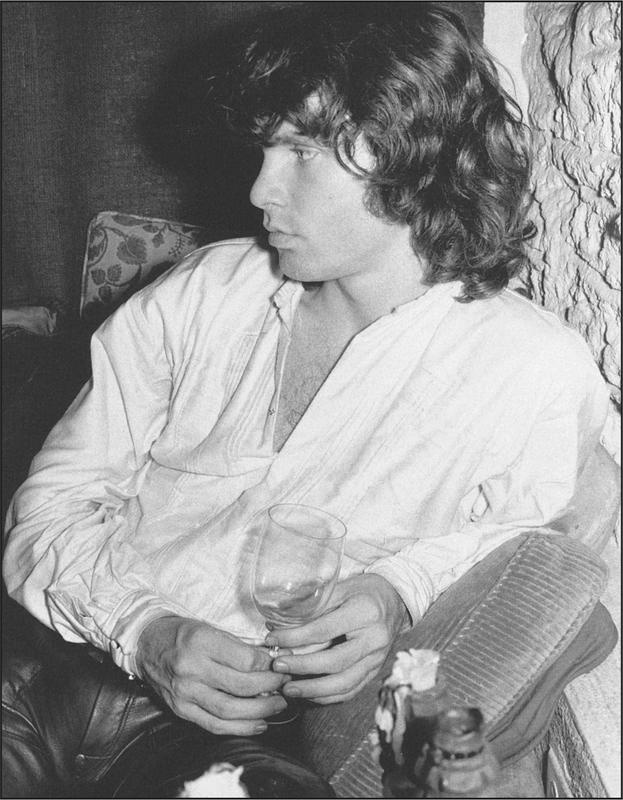
THE BIOGRAPHY
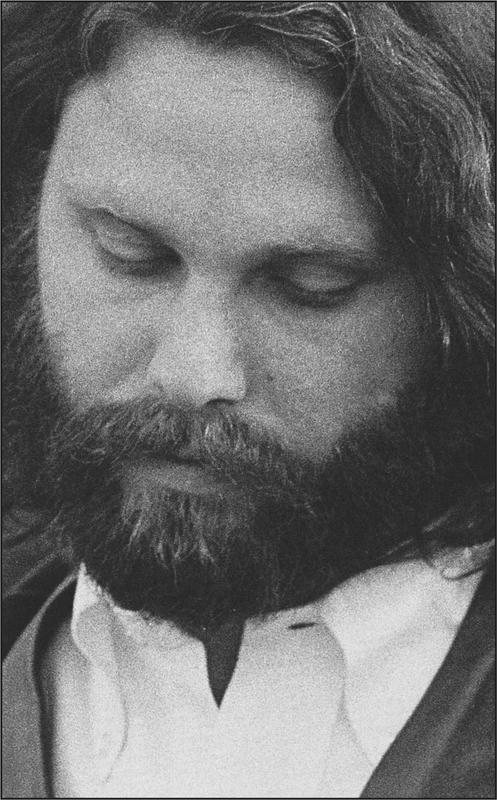
THE INTERVIEWS
LOS ANGELES
FREE PRESS
John Carpenter
Summer 1968
John Carpenter was the music editor of the Los Angeles Free Press, a weekly underground newspaper distributed throughout Southern California.
Like Jim, he was a big drinker, and the interview stretched over all of one day, starting with a breakfast laced with Bloody Marys and ending in the Phone Booth, Jims favourite topless bar.
As detailed earlier, in the biographical section of this book, John took the transcript of the tape to Jim for approval. Jim added some clarification and Pamela took a blue pencil to the interview, slashing uncounted hundreds of paragraphs where she felt Jim was making an ass of himself. The interview survived her editing, revealing Jims robust delight in life.
JOHN CARPENTER: How did the cover on Strange Days come about?
JIM MORRISON: I hated that cover on the first album. So I said, I dont want to be on this cover. Where is that? Put a chick on it or something. Lets have a dandelion or a design. The title, Strange Days came and everybody said yeah, cause that was where we were, what was happening. It was so right.
Originally I wanted us in a room surrounded by about 30 dogs, but that was impossible cause we couldnt get the dogs and everybody was saying, What do you want dogs for? And, I said that it was symbolic that it spelled God backwards. [Laughs] Finally we ended up leaving it up to the art director and the photographer. We wanted some real freaks though, and he came out with a typical side show thing. It looked European. It was better than having no fucking faces on it though.
What place do albums have as art forms to you?
I believe theyve replaced books. Really. Books and movies. Theyre better than movies cause a movie you see maybe once or twice, then later on television maybe. But a fucking album man, its more influential than any art form going. Everybody digs them. Theyve got about 40 of them in their houses and some of them you listen to 50 times, like the Stones albums or Dylans.
You dont listen to the Beatles much anymore, but there are certain albums that just go on and on. You measure your progress mentally by your records, like when you were really young what you had then, Harry Belafonte, you know, Calypso, Fats Domino, Elvis Presley.
You guys are only working weekends now, arent you?
No, not really. I think we work a lot more than most people think. Like after the [Hollywood] Bowl we go to Texas, then Vancouver, Seattle, then jump to the East Coast, Montreal and blah, blah, blah. Take three weeks off in August for the film, then we go to Europe. Man, we work an awful lot!
Do you still read a lot?
No, not as much as I used to. Im not as prolific a writer either. Like when, a while ago, I was living in this abandoned office building, sleeping on the roof, you know the tale. [Laughs] And all of a sudden, I threw away all my notebooks that Id been keeping since high school and these songs just kept coming to me. Something about the moon, I dont remember.
Well, Id have to make up words as fast as I could in order to hold onto the melody you know a lot of people dont know it, but I write a lot of the melodies too later, all that would be left would be the words cause I couldnt hold on to them. The words were left in a sort of vague idea. In those days when I heard a song, I heard it as an entire performance. Taking place, you know, with the audience, the band and the singer. Everything. It was kind of like a prediction of the future. It was all there.
How did the ending to The End come about? Is the Whisky a Go-Go story true?
I used to have this magic formula, like, to break into the subconscious. I would lay there and say over and over Fuck the mother, kill the father. Fuck the mother, kill the father. You can really get into your head just repeating that slogan over and over. Just saying it can be the thing
That mantra can never become meaningless. Its too basic and can never become just words cause as long as youre saying it, you can never be unconscious. That all came from up here.
That really shook the Whisky audience up when you did it. Have you ever really gotten through to an audience like the first time you went over and got mobbed and all?
Not like the thing thats in my mind. I think the day that thing happens it will be all over. The End. Where would you go from there? If everyone, even for a split second, became one. They could never come back. No, I dont think it can ever happen, not like it is in my head.
My audiences they usually get pretty turned on. Its like saying at first youre the audience and were up here, youre down there. Then all of a sudden there you are and youre right there just like us its out of sight. When they know Youre just like us, it breaks down all the barriers and I like that a lot.

